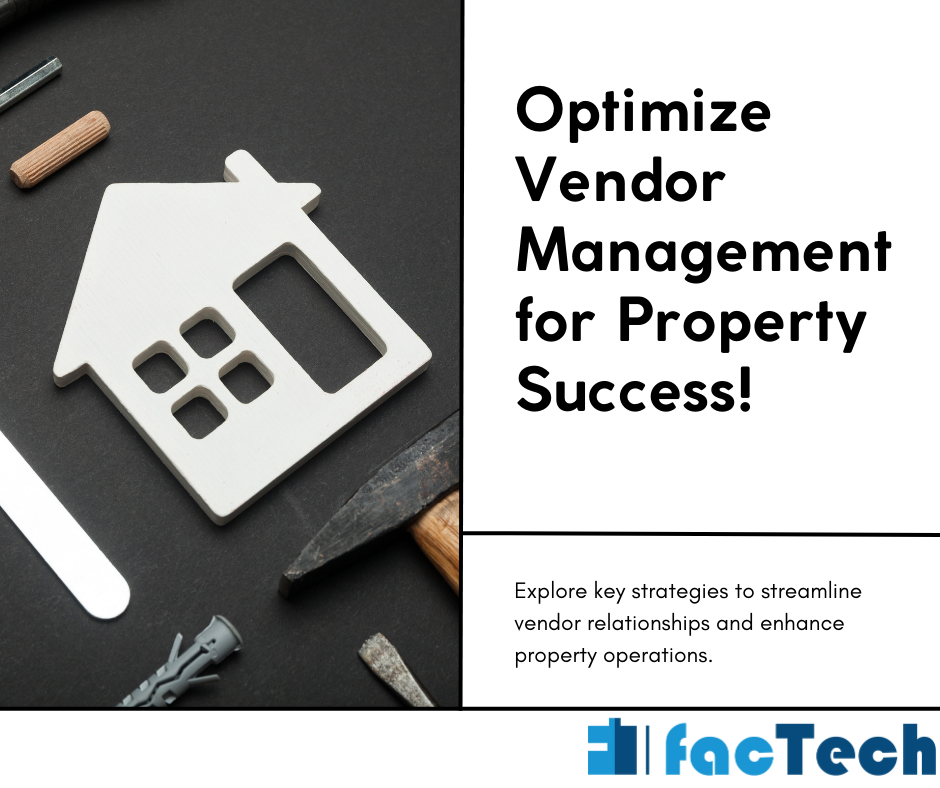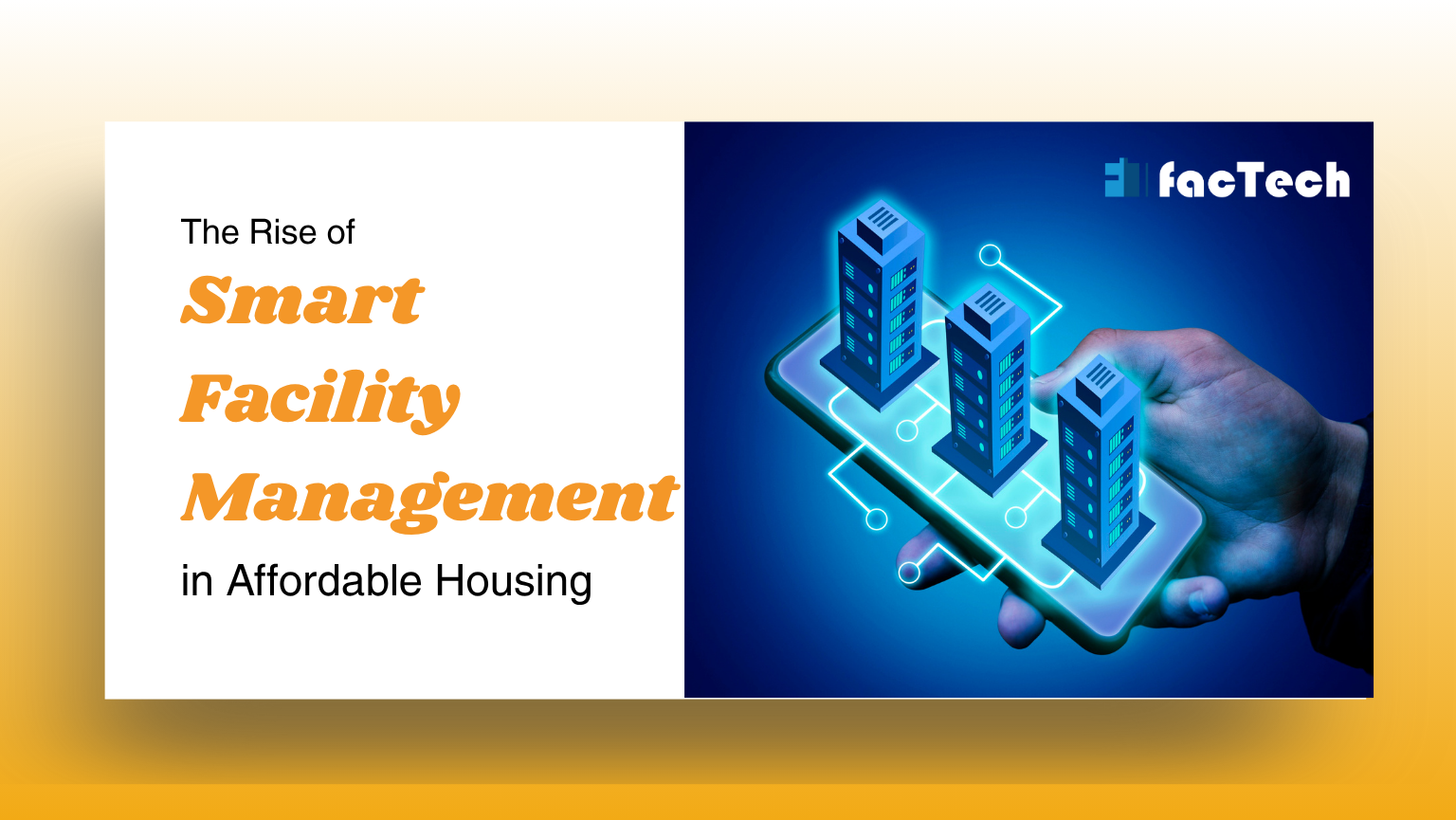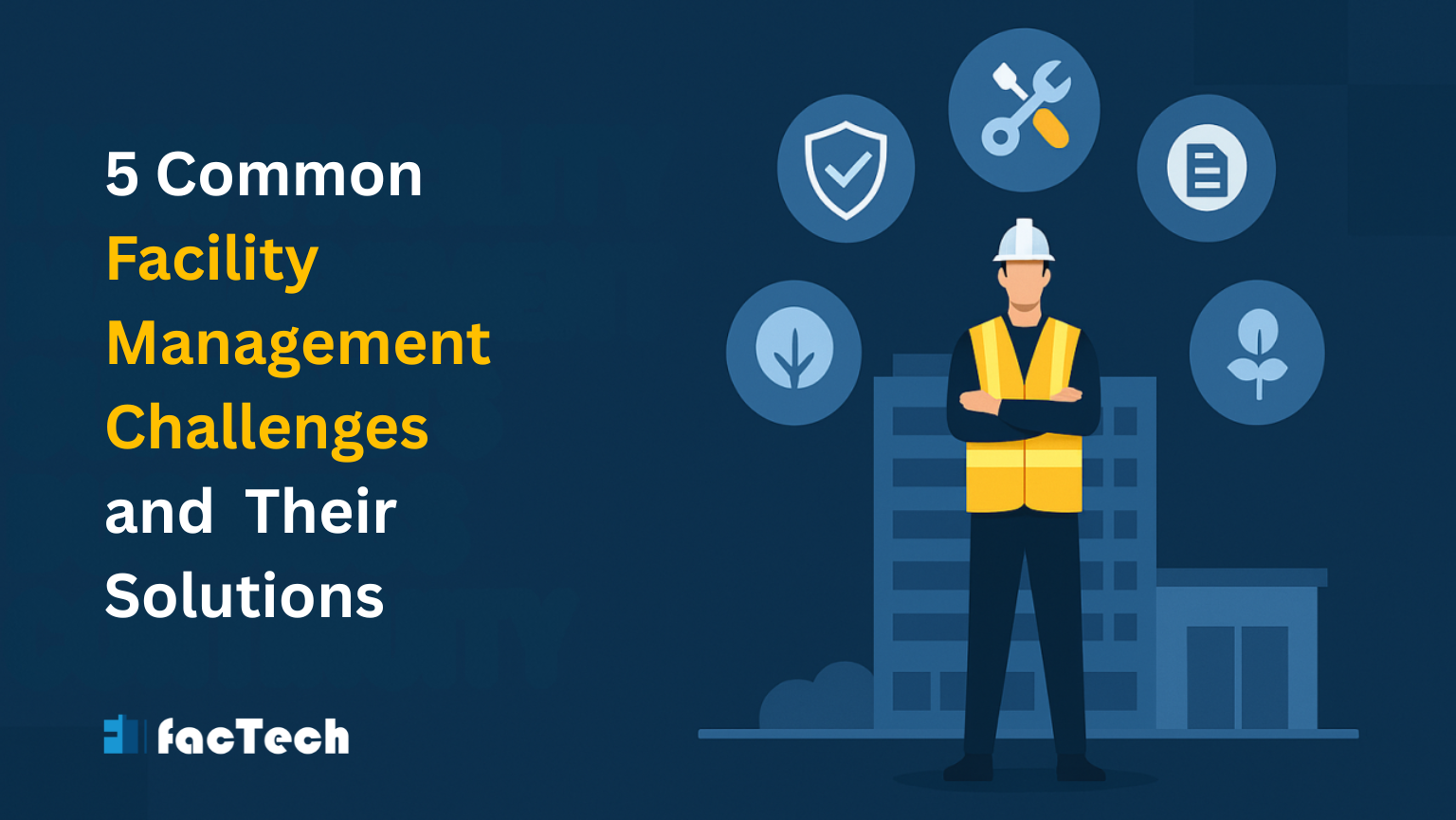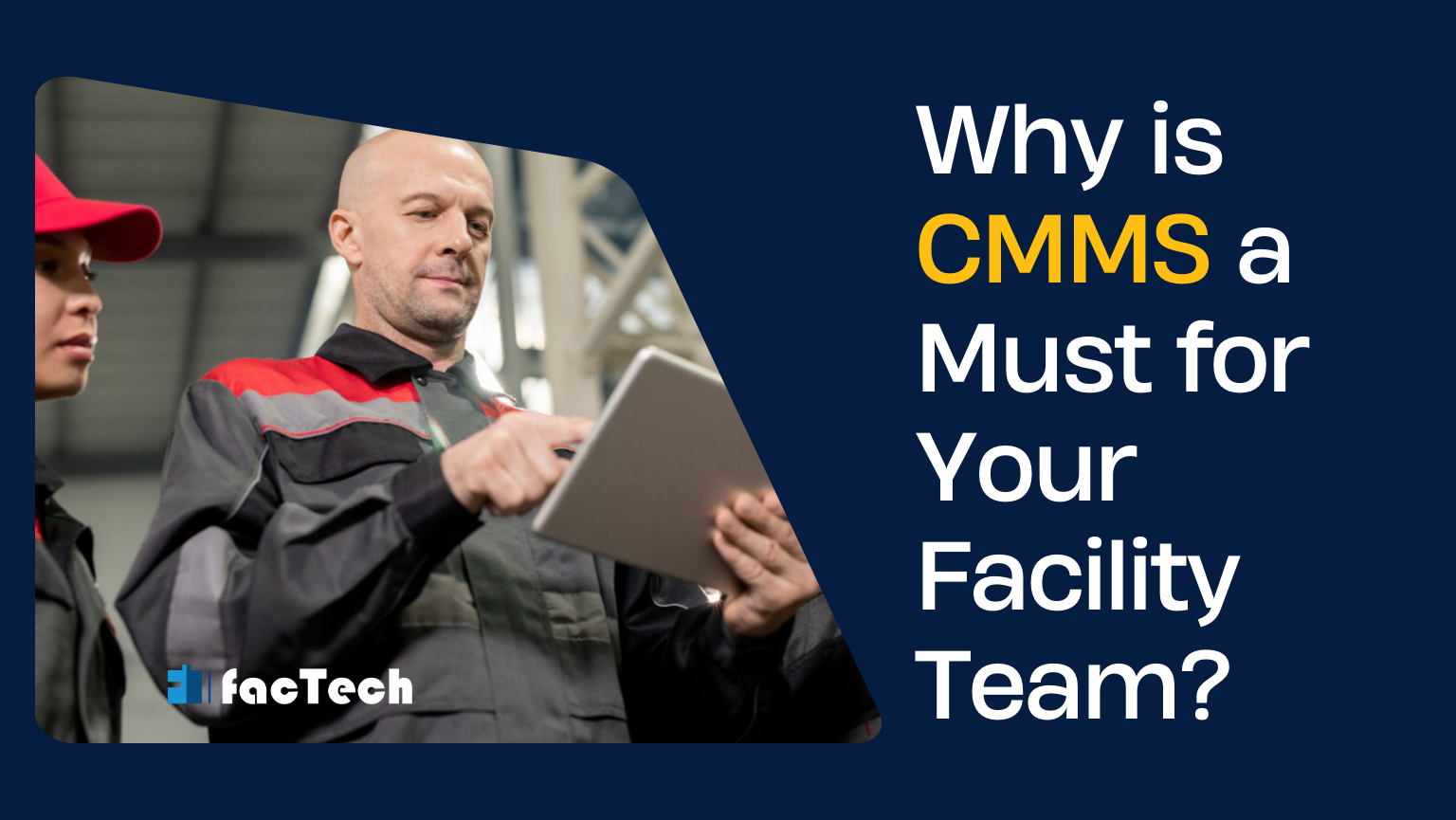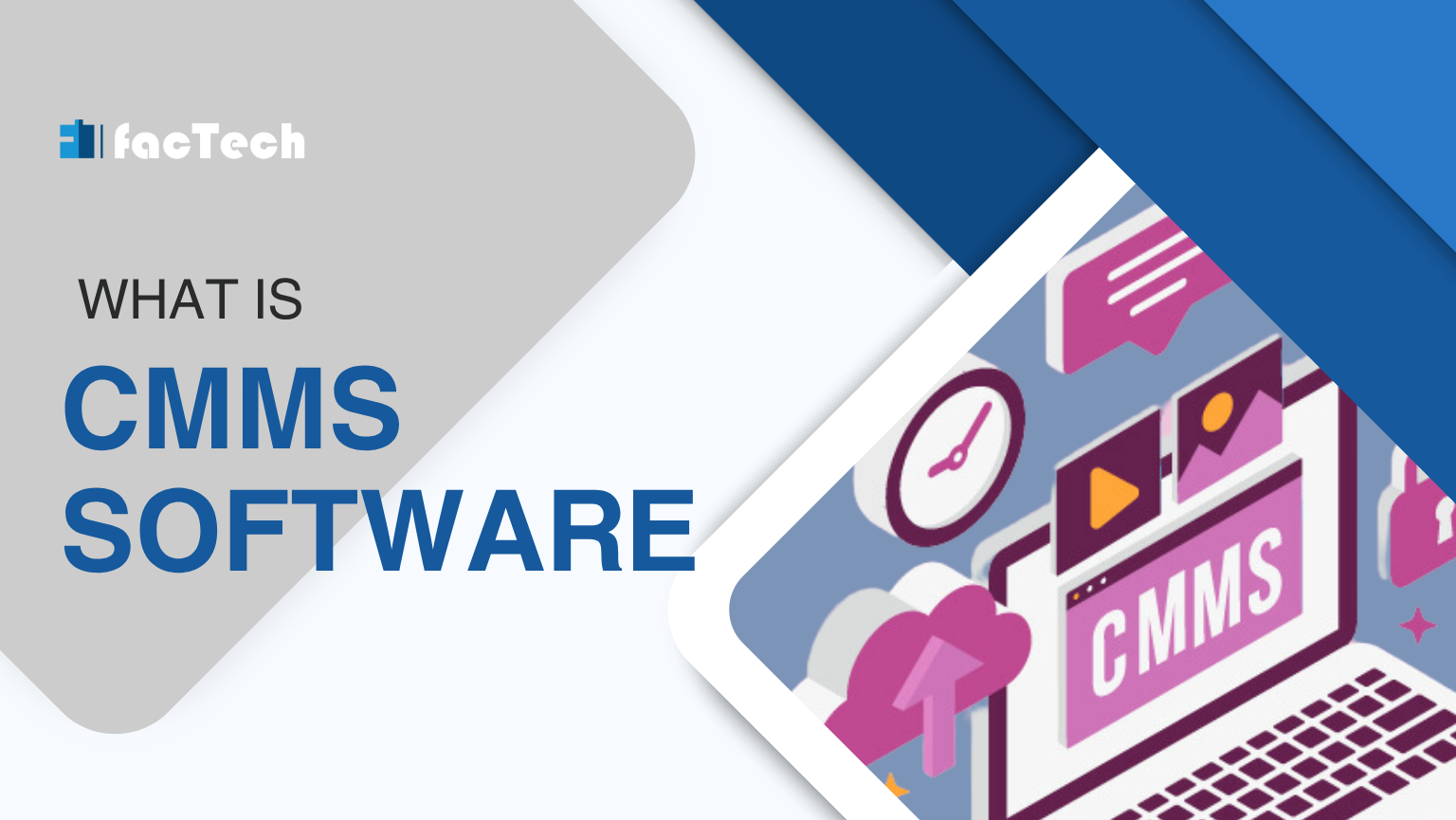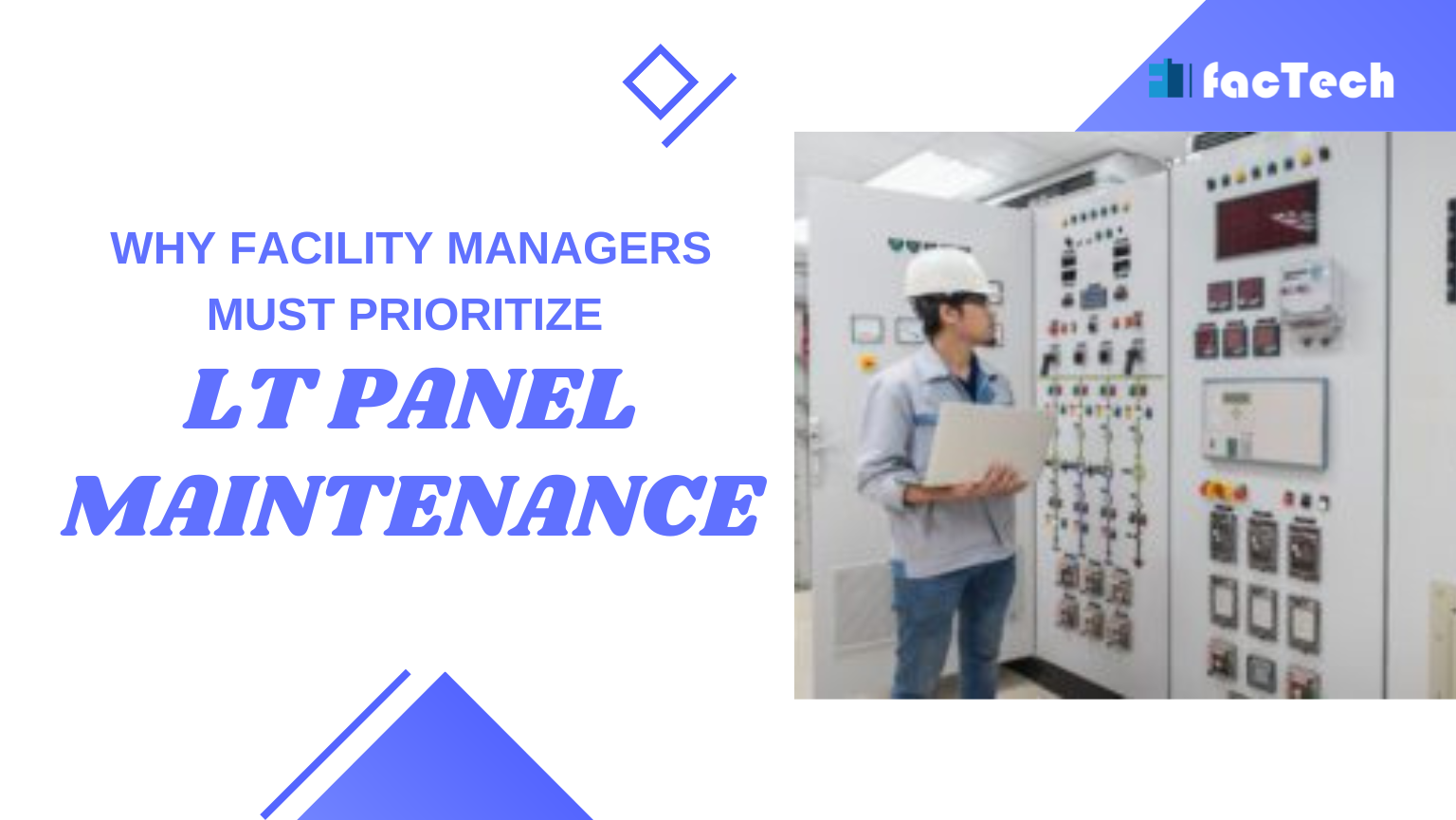Vendor Management in Property Management – Best Practices
Vendor Management in Property Management – Best Practices
What do property managers do all day? They are in charge of everything, from dealing with tenants to collecting rent. A big part of their job is keeping the property in great shape. There’s a lot that property managers need to do, though. Here’s where vendors come in. Plumbers, electricians, gardeners, cleaners, and other professionals are very important to making sure that a rental property runs smoothly.
Property managers need to be able to handle vendors well. Here are some things you should do:
1. How to Choose the Best Vendors: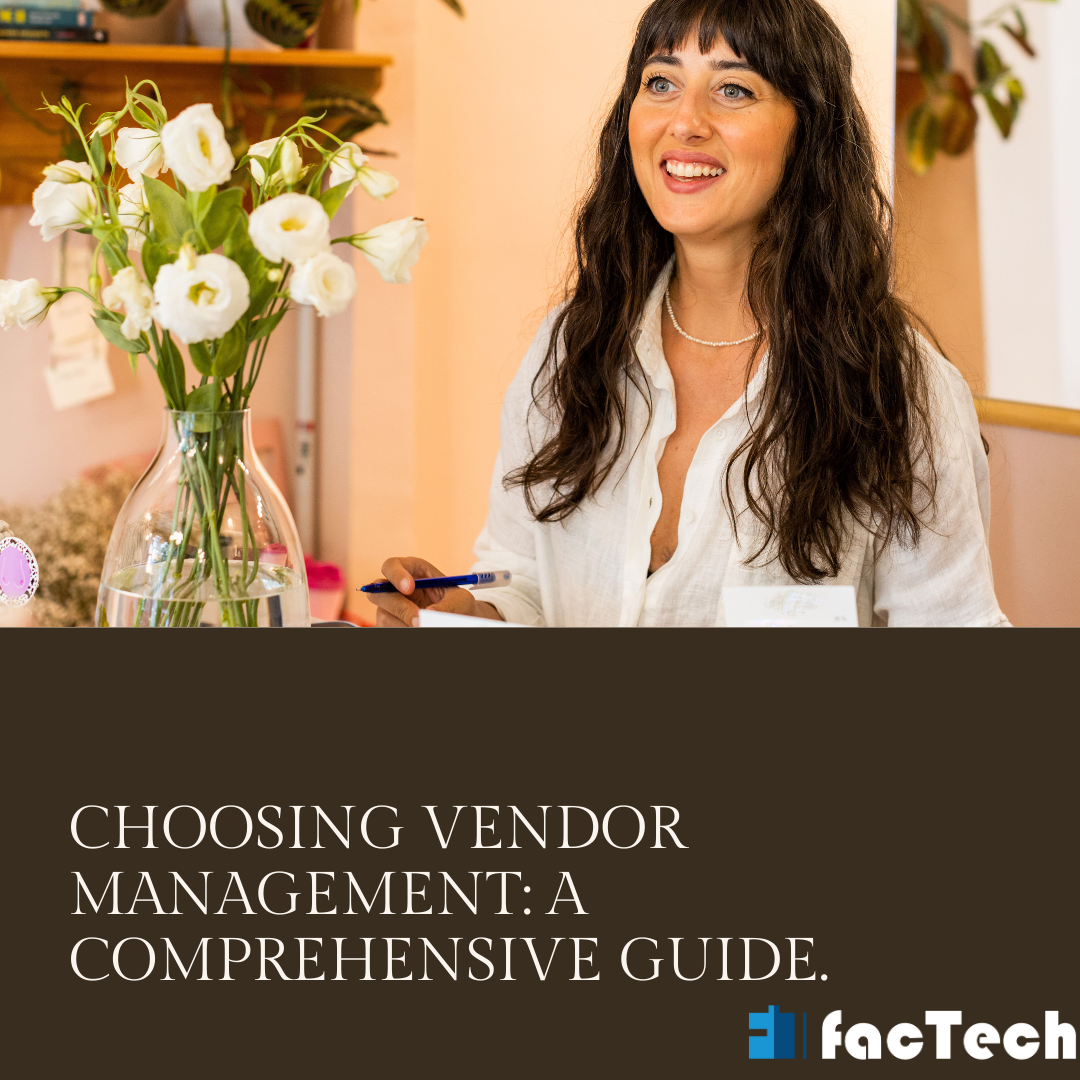
There are so many choices that it can be hard to pick the right business management software. Here is a plan to help you get through the process:
Figure out what you need:
Portfolio size and type of property: There are different options for portfolio sizes and types of property, such as residential and commercial.
Wish list of features: Do you need to manage work orders, keep track of results, or set up automatic payments? Put the features that make your work easier at the top of your list.
Scalability: Plan for growth in the future. Pick a system that can grow with your property portfolio.
Look into and compare: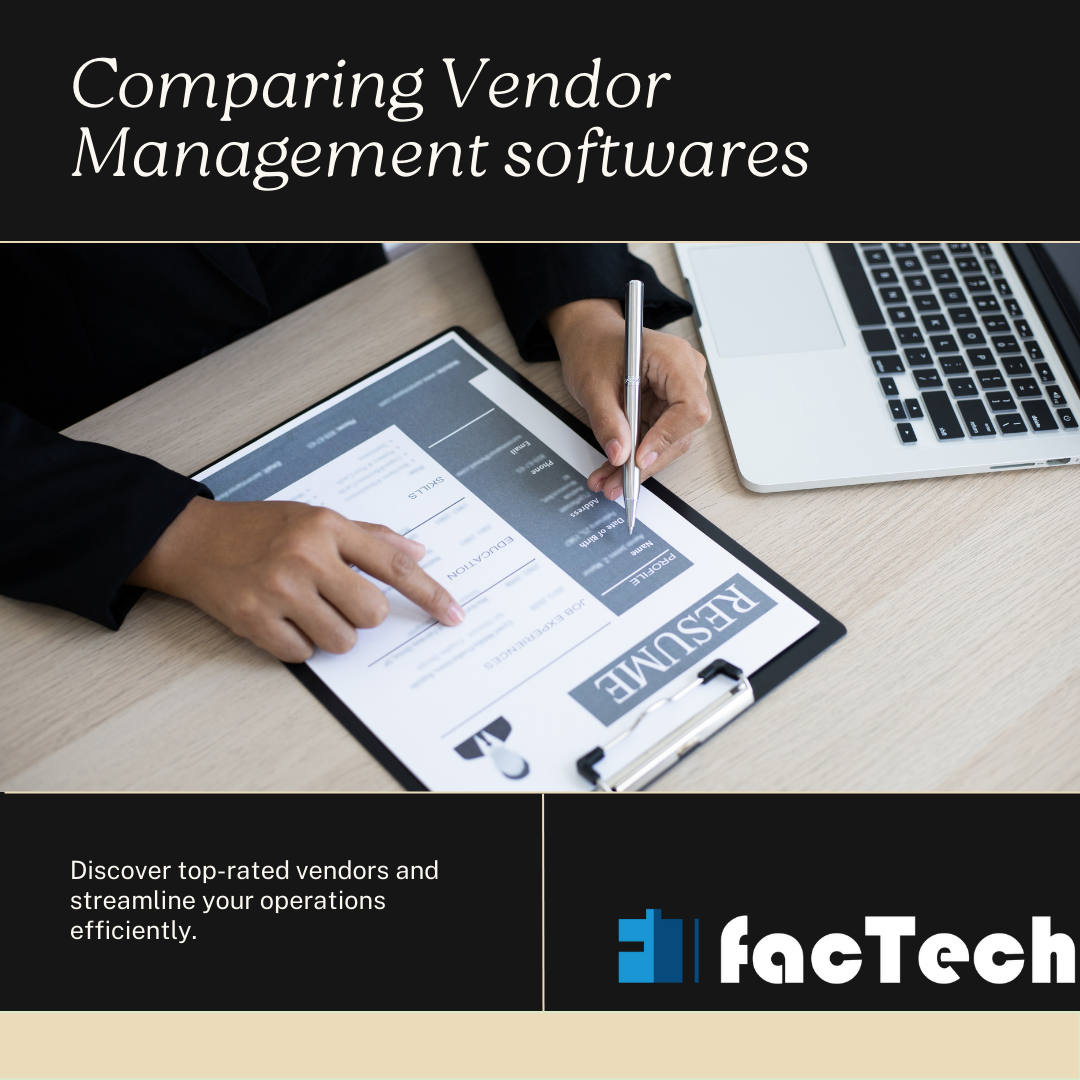
Leaders in the field: Look into well-known companies with strong contract management tools.
How to fill a niche: Look for software that is made just for property management. This might give you a more customized experience.
Look at reviews and compare: Read reviews and compare software on sites to learn about how other people have used the software and how the features work.
Important things to think about when choosing:
How easy it is to use: An easy-to-use interface makes sure that it fits right in with your current routine.
Capabilities for integration: Does the software work well with the software you use to handle your properties? This gets rid of info silos and makes communication easier.
Accessibility for mobile: With on-the-go access, you can talk to vendors and handle work orders in real time.
Safety and following the rules: Make sure that the software puts data security first and follows all business rules.
Besides Features: Take a look at the service:
Setting up and training: Check out the vendor’s support system to see how it can help your team get started and learn.
Helping customers: Customer service that is reliable and quick to respond is important for ongoing help and troubleshooting.
The Ideal Fit: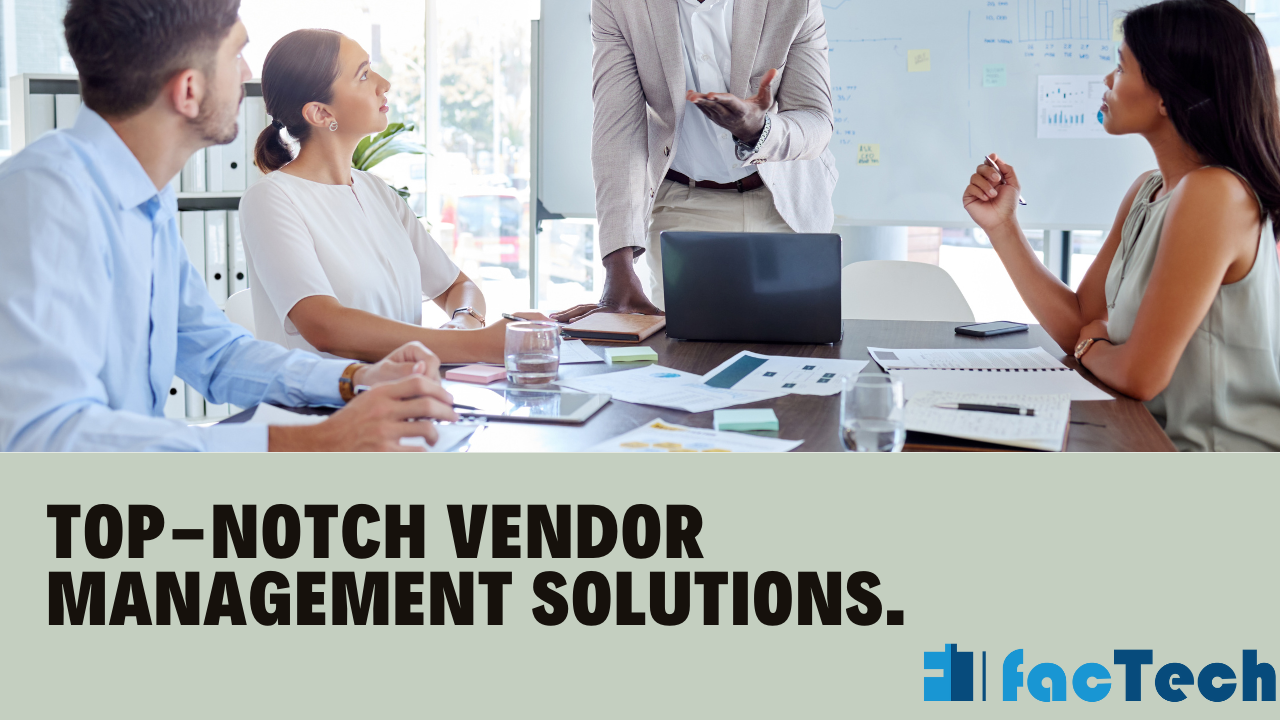
The best option for managing vendors should work with your current property management system and not add extra work. You can find a solution that helps you handle vendors well, make operations more efficient, and give your tenants great service by carefully considering your needs, doing a lot of research, and putting user experience and support at the top of your list.
2. Getting along with others well:
It’s important to communicate: From the start, make sure there are clear ways to communicate. Talking to each other often builds trust and keeps mistakes from happening. Give clear directions and let vendors know about any changes.
Be a Partner, Not a Leader: Treat your suppliers like partners who want you to succeed. Be polite and respectful to them. Feedback can be given and received freely, which can lead to better service generally.
On Time Payments: When you agree to pay your vendors, do it on time and as planned. Making payments on time and reliably goes a long way toward building trust and making sure good service continues.
3. Keeping an eye on performance and managing risks: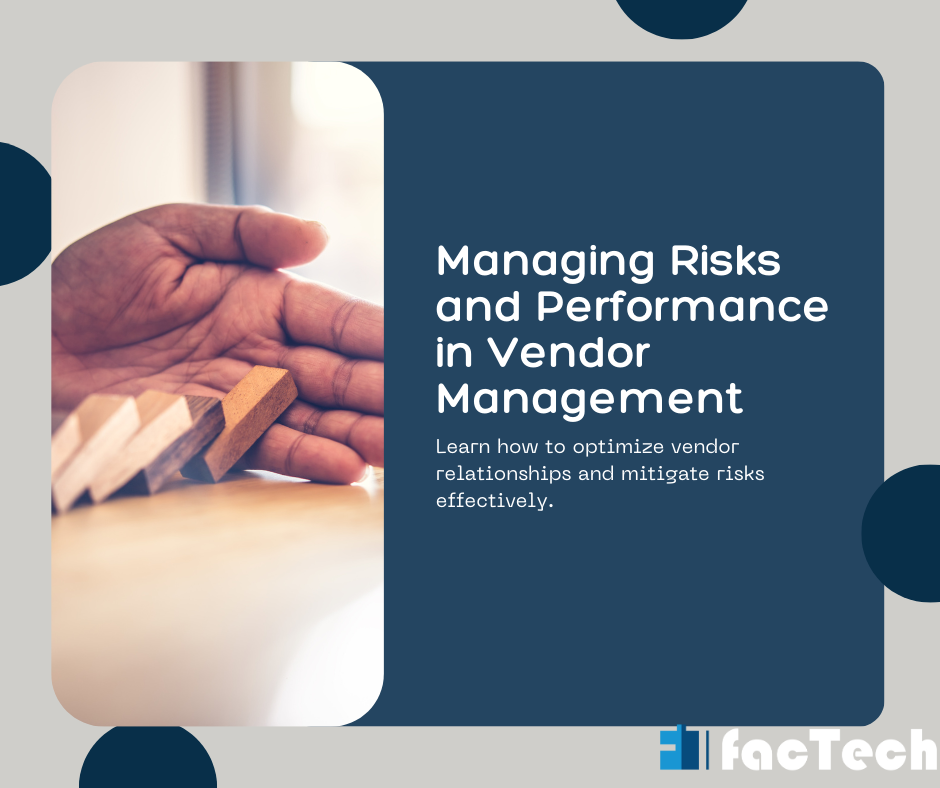
What do property managers do all day? They deal with tenants, watch out for budgets, and sometimes even do their own repairs. But risk manager is an important job that is often forgotten.
A key part of managing properties well is giving jobs to outside companies. But depending on outsiders comes with its own risks. A bad vendor can cause a lot of problems for your property and your renters, from bad repairs to data breaches.
This piece has given you the information you need to use a strong risk management strategy when choosing a vendor.
Finding the Weak Spots in Your Vendors
Understanding the possible problems is the first step. Here are some common risks that vendors face in property management:
Poor Quality Workmanship: Bad repairs can put tenants in danger, make them angry, and cost a lot to fix.
Unreliable Service: Missed appointments and delays can cause problems and make tenants unhappy.
Putting together your vendor risk management arsenal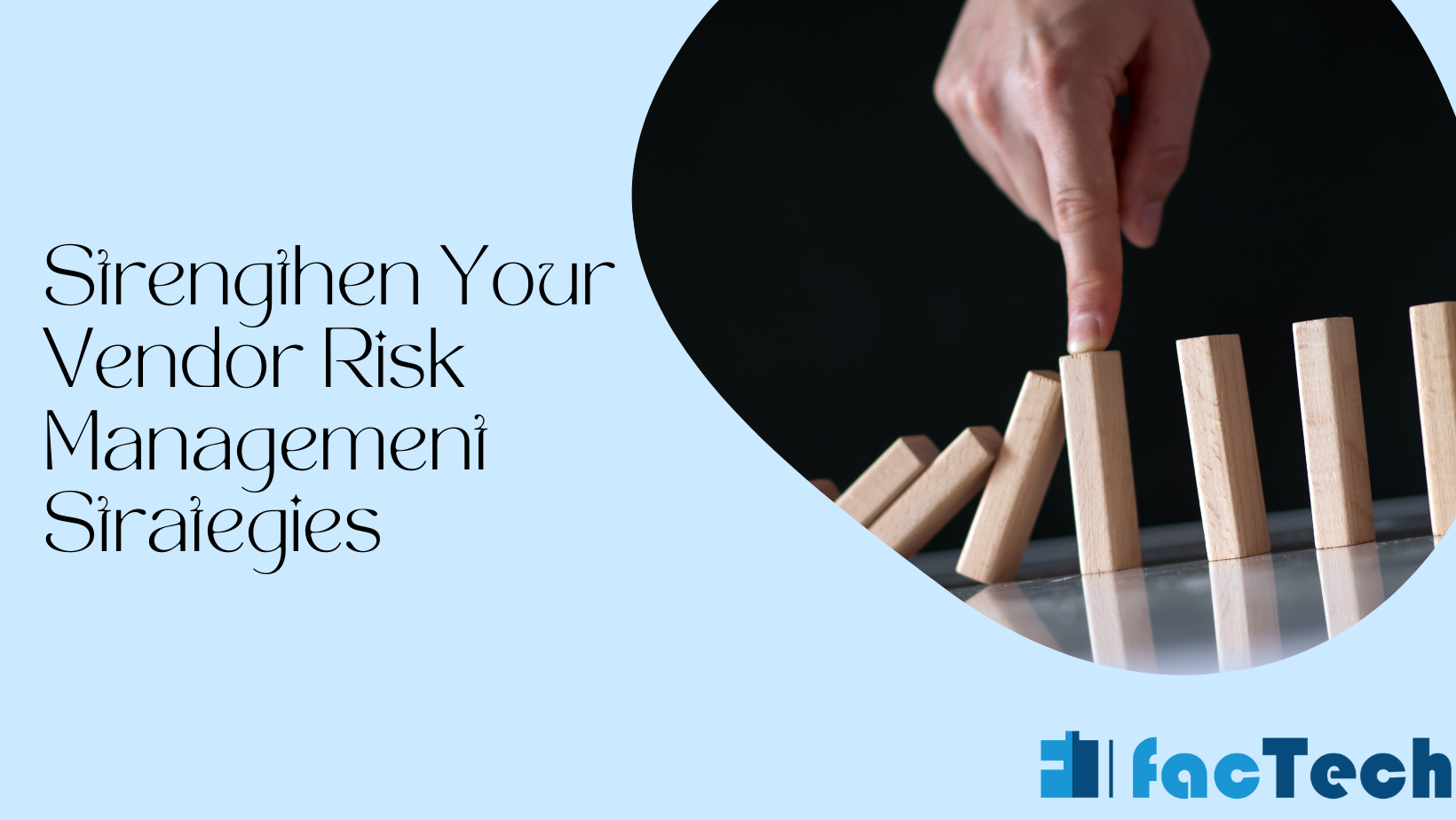
If you want to make your shields stronger now that you know who your enemy is, follow these steps:
Pre-qualification:
Don’t just take a quick call. Set up a normal way to pre-qualify people that includes checking their references, making sure they have insurance, and looking over their safety record.
Standardized Contracts:
Contracts that are impossible to break are your shield. Service Level Agreements (SLAs): Set clear performance benchmarks for key services. Make sure there are clear expectations for the service, performance guarantees, and termination clauses for non-compliance. This makes sure that the work is done on time and holds vendors responsible if dates are missed.
Regular reviews of performance:
Do not sit back and watch. Set up regular reviews to see how well the company is doing and find any problems early on.
Requirements for Insurance: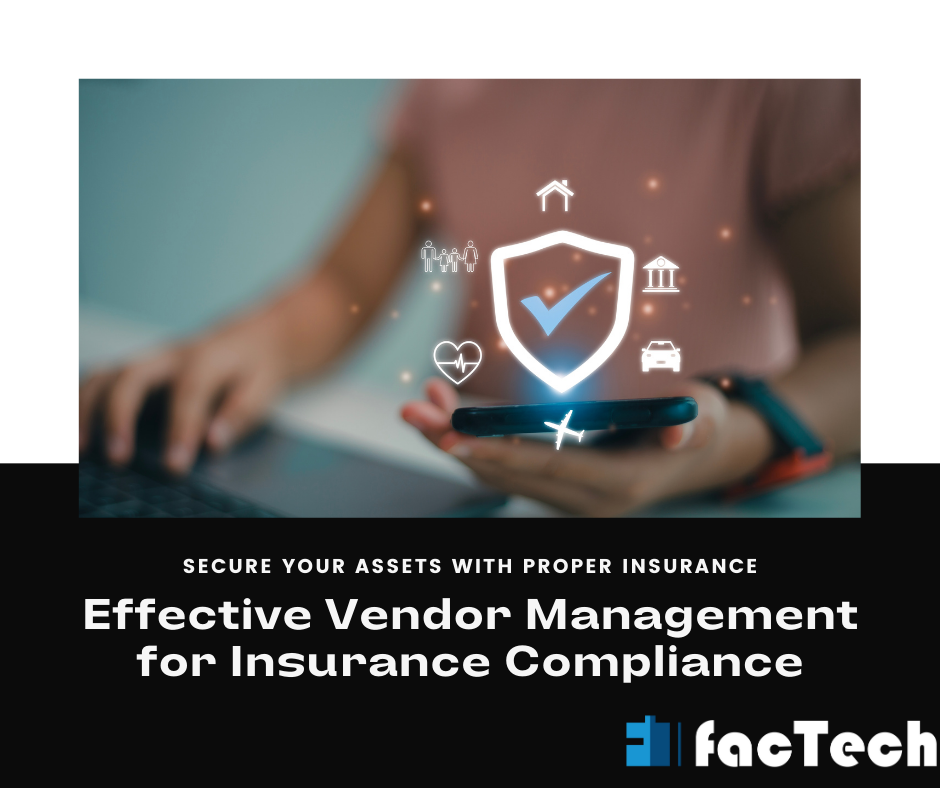
Make sure that sellers have enough liability and property damage insurance to protect you from losing money.
Other useful tools:
Managing risks can be easier if you use property management software that has vendor management tools. You can use these tools to:
Maintain a central vendor database: Put all information about vendors, such as insurance documents and performance reviews, in one place that is easy to find.
Automate onboarding processes: Make sure that new vendors know what you expect of them and get the necessary certifications before they can access the property.
Streamline communication: Use online ticketing systems and work order management tools to make it easy for vendors to talk to you openly.
4. Usefulness of Technology
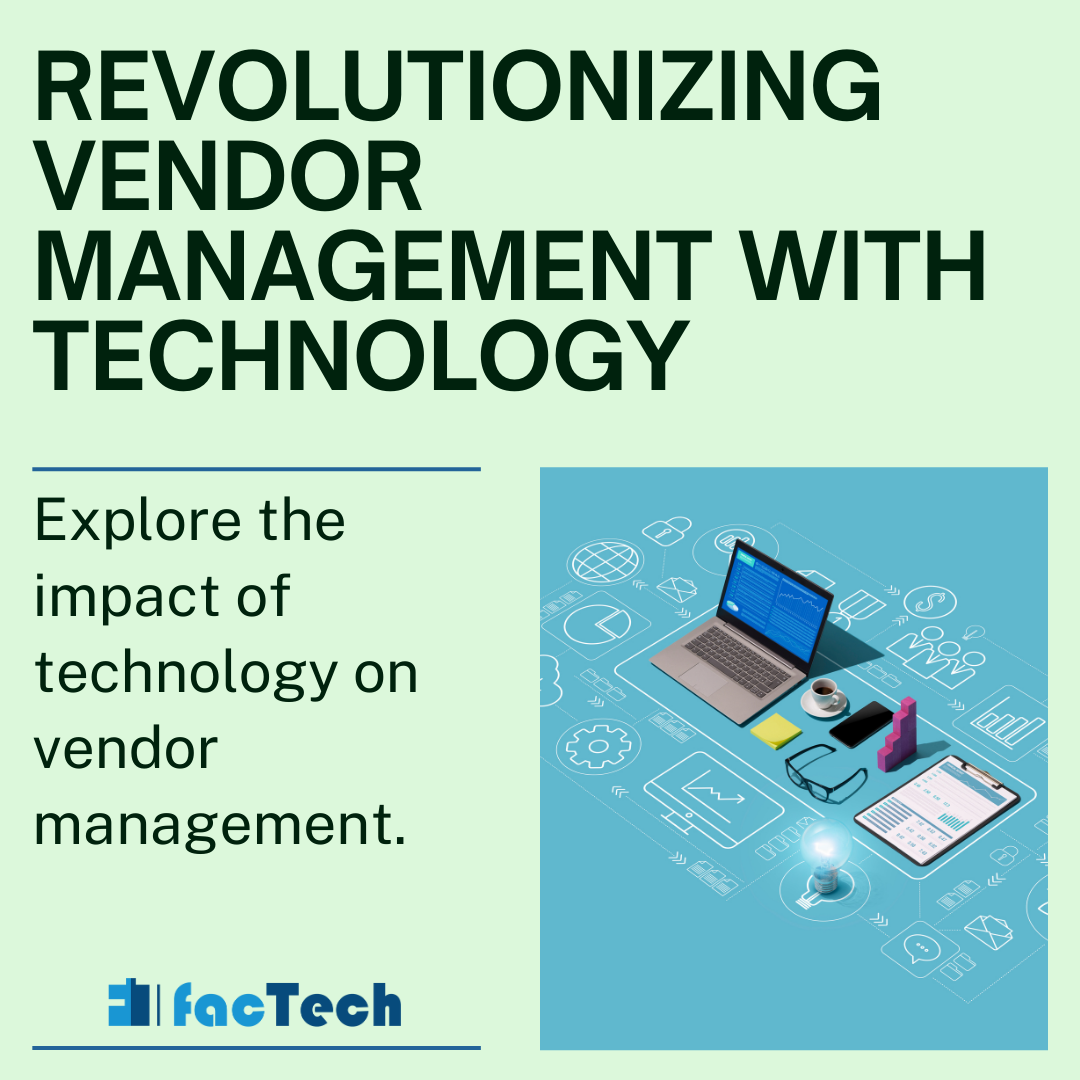 Renters who are happy with their apartments are very important to property managers. But behind the scenes, vendor management is a key part of making everything work. Working with the right providers is important for keeping your property in good shape. This goes for everything from plumbers and electricians to landscapers and cleaning crews.
Renters who are happy with their apartments are very important to property managers. But behind the scenes, vendor management is a key part of making everything work. Working with the right providers is important for keeping your property in good shape. This goes for everything from plumbers and electricians to landscapers and cleaning crews.
In the past, managing vendors relied on routine processes and information that was spread out in different places. Thanks to technology, the digital age has brought about a new era of managing vendors.
The Rise of VMS (Vendor Management Systems)
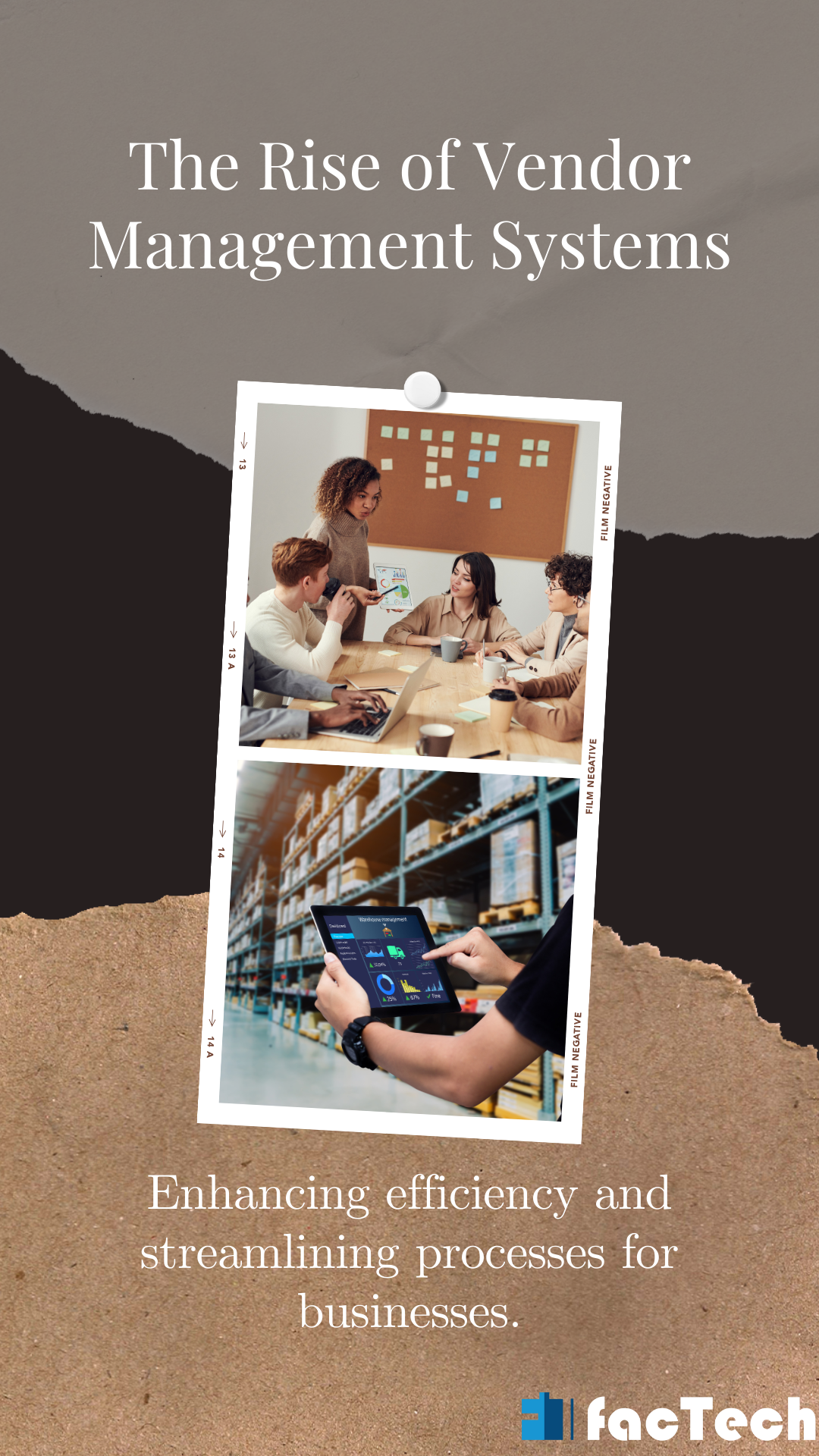 The way property managers run their vendor network is changing a lot because of VMS platforms. All information about vendors is kept and managed in one place by these cloud-based systems. VMS keeps everything in order and easy to find, from contact information and insurance certificates to service records and performance reviews.
The way property managers run their vendor network is changing a lot because of VMS platforms. All information about vendors is kept and managed in one place by these cloud-based systems. VMS keeps everything in order and easy to find, from contact information and insurance certificates to service records and performance reviews.
Pros of VMS for Property Management:
Better sourcing and onboarding:
VMS makes it easier to find new providers and make sure they are trustworthy. Property managers can find good partners quickly and easily by automating jobs like making RFPs and pre-qualification questionnaires.
Improvements in teamwork and communication:
VMS makes it easier for property owners and vendors to talk to each other. For sending out work orders, keeping track of progress, and sharing news, the platform acts as a central hub for contact.
Workflows that are automated and work that is more efficiently:
VMS can automate jobs that need to be done over and over, like setting up maintenance, sending reminders, and making invoices. This gives property managers more time to work on other important parts of their job.
Making decisions based on data:
 VMS makes reports and data that show how well vendors are doing, how costs are changing, and where improvements can be made. This information can help property managers make smart choices about their vendors and make the most of their budgets.
VMS makes reports and data that show how well vendors are doing, how costs are changing, and where improvements can be made. This information can help property managers make smart choices about their vendors and make the most of their budgets.
Aside from VMS: other technological tools available :
There are more digital tools for managing vendors than just VMS. Here are some more technologies that are important:
Mobile Apps: Property managers and vendors can talk to each other, track work orders, and get real-time information through mobile apps while they’re on the go.
Online Payment Systems: Safe online payment options make it easier to pay by getting rid of the hassle of checks and invoices.
Artificial Intelligence (AI): AI can be used to look at vendor performance data and guess what problems might happen, which allows for proactive maintenance and reduced risk.
The Future of Vendor Management Made Possible by Technology
It’s likely that even more creative ways to handle vendors will come up as technology keeps getting better. Property managers can look forward to tools that use automation, data analytics, and AI to make their relationships with vendors even better and make sure that managing properties is easy.
By using technology, property managers can stop doing things by hand, which takes a lot of time, and focus on making good relationships with their providers. This means better service for renters, more efficient operations, and, in the end, a more successful property management company.
